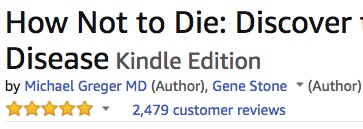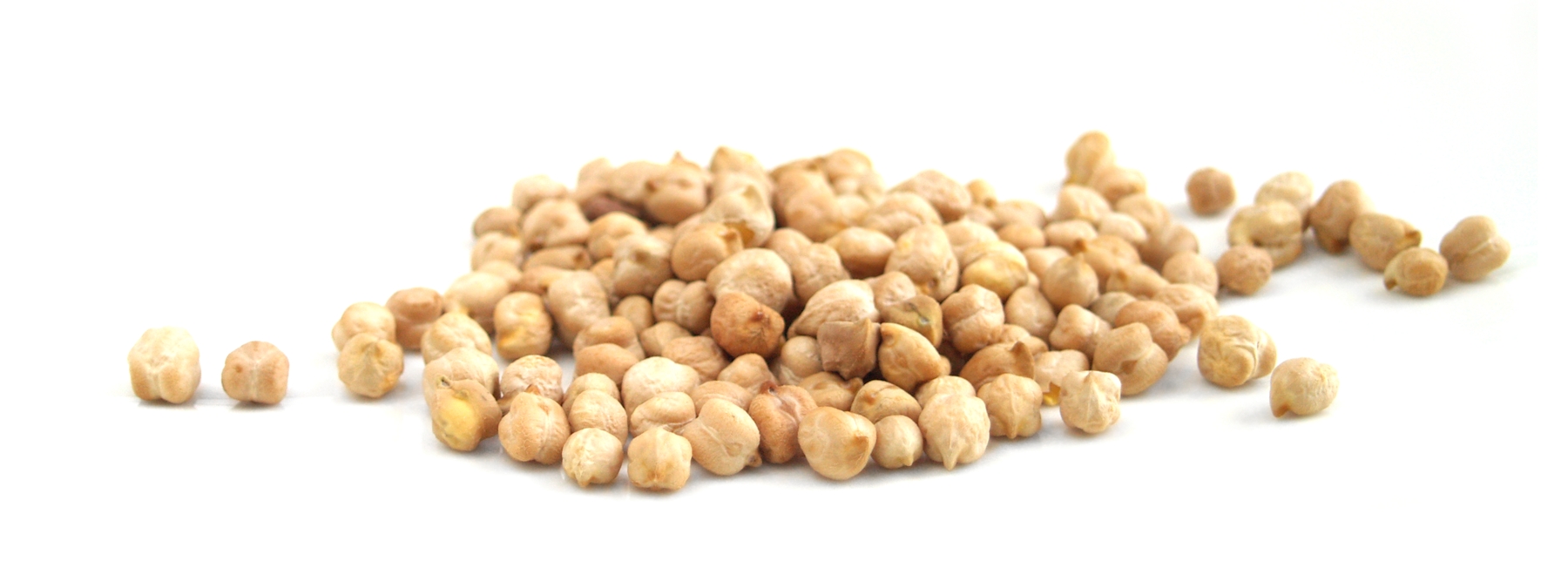“Let food be thy medicine and medicine be thy food.”
– Hippocrates
I love the New Year. I appreciate the promise of a fresh start and a brighter future. Many of us have set New Year’s resolutions, and one of the most common resolutions is losing weight by eating right, exercise, or a combination of both.

Losing weight is not rocket science, but many of us carry around excess insulation even though we know what we should do. We know that we need to consume fewer calories than we burn and we know that not all food is equal (the nutrition in a potato chip or candy bar is far different than the nutrition in broccoli). So we make our resolutions that we will forgo the junk food or we count calories and reduce our calorie intake by 500 calories a day. It may work for a while, but it usually does not work in the long term.
What Works
Over the Christmas break I had some free time to read. I picked up a book entitled How Not To Die by Michael Greger, M.D.. I don’t want to die, so I thought I’d read the book. The entire title is How not to die: The Foods Scientifically Proven to Prevent and Reverse Disease. The book had a 4.8 of 5 stars with nearly 2,500 ratings, so I thought I would see what Dr. Gregor had to say.
As I read, I found that Dr. Gregor is a vegan; I am clearly not, but one passage really intrigued me. Gregor explained:
Though calorie cutting has been the cornerstone of most weight loss strategies, evidence suggests that the majority of individuals who lose weight by portion control eventually regain it. Starving ourselves almost never works long term. So wouldn’t it be great if instead we could find a way to eat more food to get the same weight loss benefit?
The researchers divided overweight subjects into two groups. The first group was asked to eat five cups a week of lentils, chickpeas, split peas, or navy beans—but not to change their diets in any other way. The second group was asked to simply cut out five hundred calories a day from their diets. Guess who got healthier? The group directed to eat more food. Eating legumes was shown to be just as effective at slimming waistlines and improving blood sugar control as calorie cutting. The legume group also gained additional benefits in the form of improved cholesterol and insulin regulation.[i]
How it Works
I am not the kind of doctor that should be dispensing medical advice (and for all legal purposes, I AM NOT), but there is a certain beauty in this approach. Rather than counting calories and feeling deprived, simply add a little more good food to the equation. Ideally you would increase the percentage over time which would decrease the percentage of the bad foods you consume.
I found this passage so intriguing for two reasons. First, I experienced this last year. I went on a temporary elimination diet in order to determine if I had any food sensitivities. To do this, I had to not eat any of the major foods that cause reactions: gluten, dairy, eggs, soy, peanuts, corn, and sugar and sugar substitutes for a couple of weeks. When you do this, you are not left with much to eat other than healthy vegetables, and I accidentally lost 12 pounds. I unwittingly did what Dr. Gregor recommended.
Second, I was intrigued because the idea reaches far beyond diet. When I first started studying leadership and management, the goal in my mind was to not make mistakes. That is impracticable; all leaders will make mistakes. But what if the goal for a leader was to be extra-focused on taking care of his people and instilling commitment to the organization. The good (the metaphorical chick peas) would offset the occasional mistakes.
The same holds true for the salesman who makes more calls, the office manager who really gets to know her people, and the contractor who instills a culture of safe and excellent work. Everything improves for those who eat the metaphorical chick peas. Add enough good and the bad is naturally reduced. Progress is counterintuitive.
What About You?
What are your metaphorical Chick Peas? How can you squeeze a few more servings of these in to replace the fast-food in your work life?
References:
[i] Gregor, M., & Stone, G. (2015). How not to die: Discover the foods scientifically proven to prevent and reverse disease. New York: Flatiron Books. (pp. 1-8-109).
-Darin Gerdes
______________

Dr. Darin Gerdes is an Associate Professor of management in the School of Business at Charleston Southern University. All ideas expressed on www.daringerdes.com are his own.
This post was originally created for Great Business Networking (GBN), a networking organization for business professionals where Dr. Gerdes is the Director of Education.
______________


